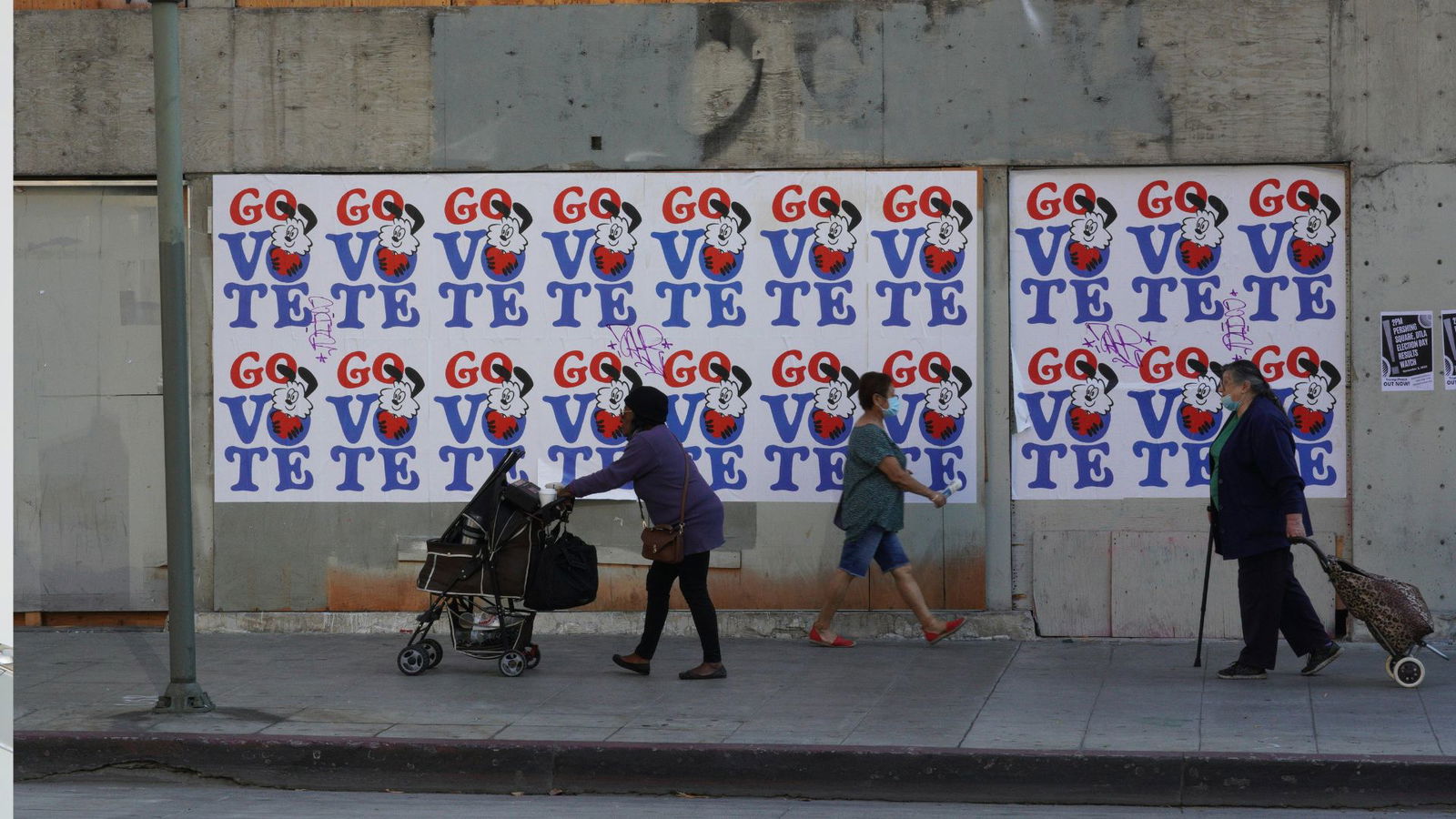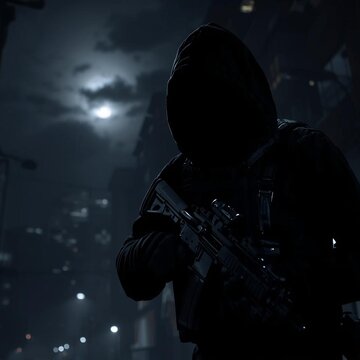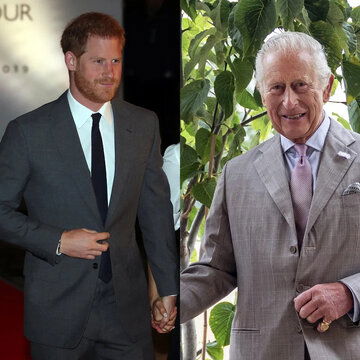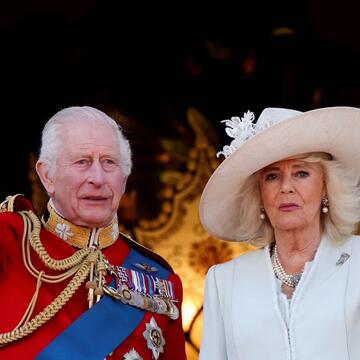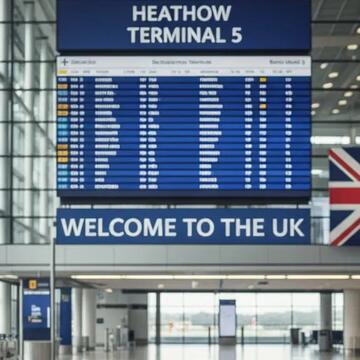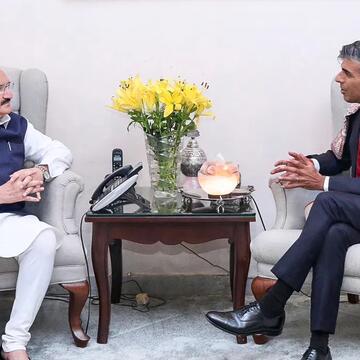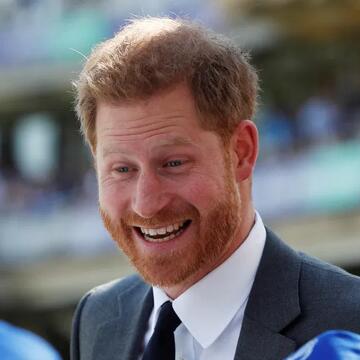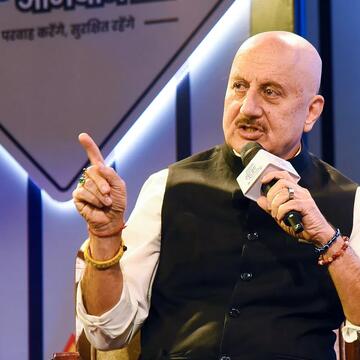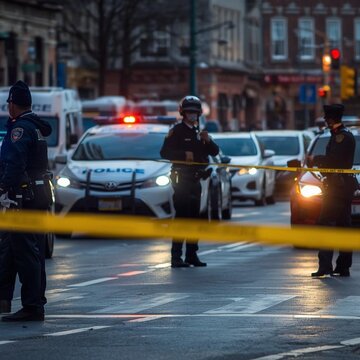Dutch voters face a complex choice this Wednesday as the country’s electoral commission confirmed a record 27 parties and 1,166 candidates competing for 150 seats in the House of Representatives. The enormous ballot paper lists every party and candidate, making it one of the most crowded elections in Dutch history.
A crowded ballot for voters
At polling stations across The Hague, voters struggled to handle the large sheets, marking them with small red pencils before folding them into ballot boxes. Some municipalities have introduced smaller, simplified ballots for the first time to make the process easier, noted AP.
ALSO READ | Is China a daily threat to UK? Here’s what the MI5 Director is claiming...
Fragmentation reflects divided politics
The sprawling ballot mirrors the growing political fragmentation in Dutch society. Once dominated by a few large parties such as the Christian Democrats and Labor, the Netherlands now sees a surge of smaller and issue-based parties, ranging from far-right to pro-animal rights groups.
Polls suggest a close contest, with far-right leader Geert Wilders’ Party for Freedom among the front-runners, while centrist and left-leaning alliances also vie for control. The last coalition, made up of four parties, collapsed earlier this year, a sign of the increasing difficulty of forming stable governments.
To appear on the ballot, parties must pay a deposit of €11,250 and collect at least 580 signatures of support. Despite the logistical challenges, many Dutch voters welcome the diversity of choices, according to an AP report.
With the election fever on, the real challenge may lie ahead, building a new coalition that can unite a deeply divided parliament and reflect the country’s increasingly diverse political landscape.


